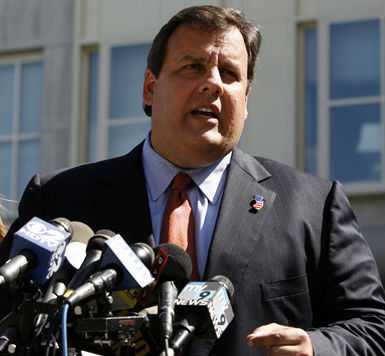The board of the New Orleans Municipal Employees Retirement System (NOMERS) – the city’s largest public pension fund – is considering a series of cost cutting measures, some that involve trimming benefits.
Under consideration: increasing employee contributions and raising the retirement age, according to NOLA.com. The changes are currently being examined the system’s actuary.
More from NOLA.com:
New Orleans Municipal Employees Retirement System board at a January meeting released a list of the potential alterations, which included raising the retirement age and increasing the amount of money employees are required to contribute. The board forwarded the possible changes to its actuary to evaluate how they would impact the health of the pension fund, benefits for employees and the city’s budget.
[…]
Nearly all the proposals it released at the January meeting would affect only future employees. That means the city wouldn’t see much relief for many years.
Raising the employee-contribution rate from the current 6 percent of salary to 7 or 8 percent is among the only proposals by the board that would affect current workers and immediately impact the unfunded liability.
The board is examining these changes under request from City Council President Stacy Head, according to NOLA.com, who asked the board last year to come up with a list of possible benefit changes.
Pension costs are eating up increasingly large chunks of the city budget, and it’s likely the Council is looking for ways to cut those costs in the future.
Louisiana considers pension benefits as a contract between employee and employer. It’s likely, then, that legal action would accompany any benefit changes.
Photo by TaxRebate.org.uk via Flickr CC License






